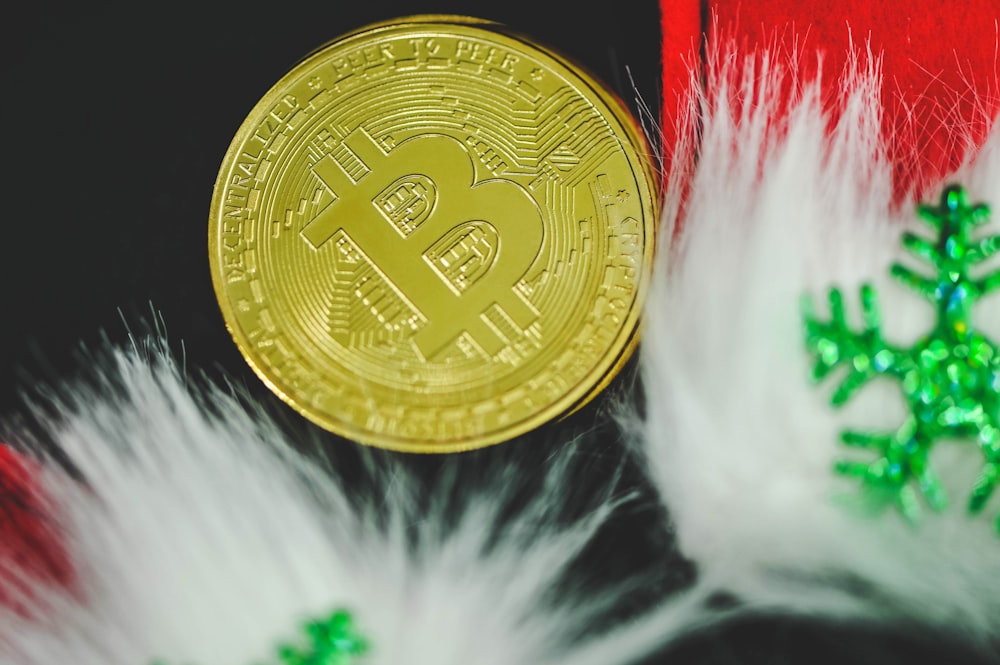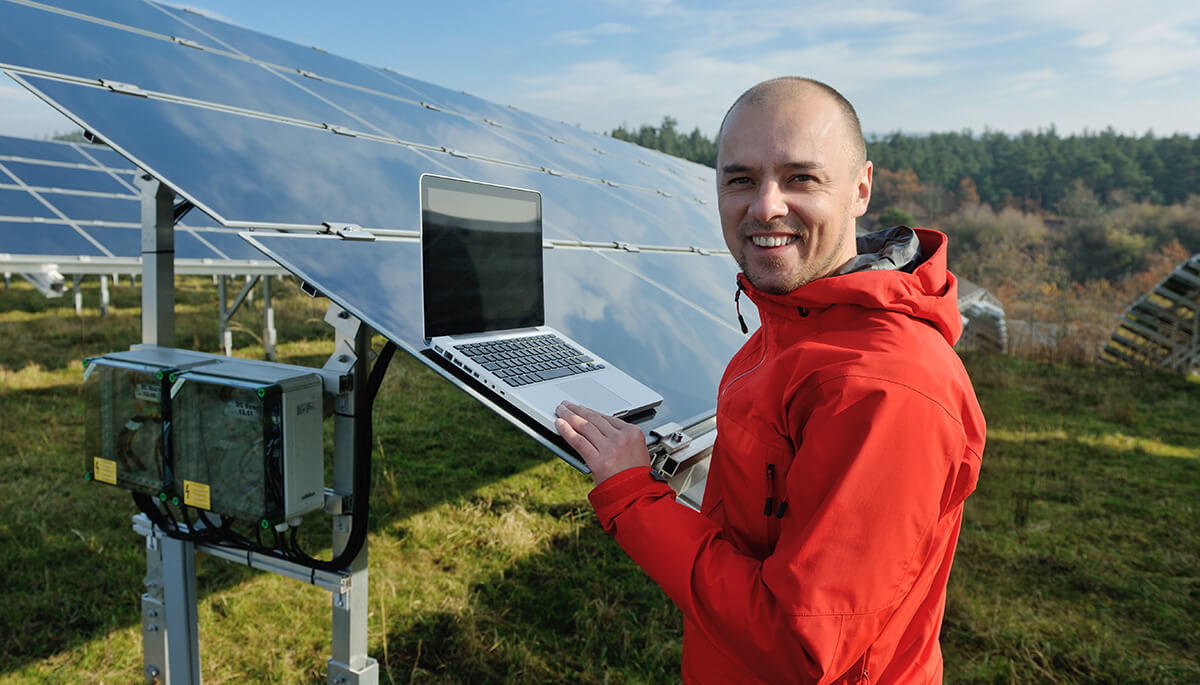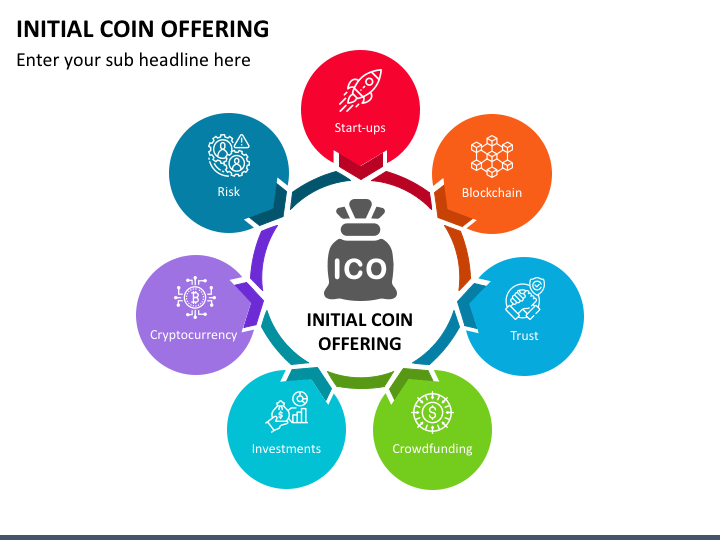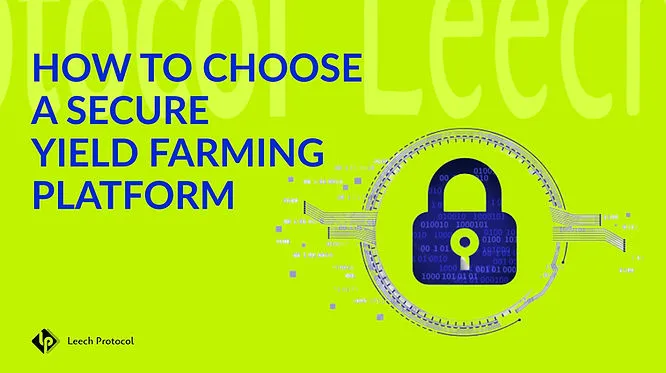Essential Advice for New Python Programmers
Getting Started with Python: The Basics
So, you’ve decided to dive into the world of Python programming. Congratulations! Python is a powerful and versatile programming language that’s perfect for beginners. But before you start writing code, there are a few things you should know to set yourself up for success.
Choose the Right Learning Resources
There are countless resources available for learning Python, from books and online tutorials to courses and coding bootcamps. It’s important to choose resources that suit your learning style and pace. Start with beginner-friendly tutorials and gradually work your way up to more advanced material as you gain confidence.
Practice, Practice, Practice
Like any skill, programming requires practice to master. Don’t be afraid to make mistakes – they’re an essential part of the learning process. Set aside time each day to write code, solve problems, and build projects. The more you practice, the more comfortable you’ll become with Python.
Understand the Fundamentals
Before you start writing complex programs, it’s crucial to have a solid understanding of the fundamentals of Python. Familiarize yourself with basic concepts such as variables, data types, loops, and functions. These building blocks form the foundation of Python programming and will be essential as you progress.
Write Readable Code
Writing readable code is essential for collaboration and maintainability. Follow Python’s style guide, PEP 8, which outlines best practices for formatting code. Use descriptive variable names, comments, and whitespace to make your code easy to understand for yourself and others.
Learn to Debug
Debugging is an inevitable part of programming. When you encounter errors in your code – and you will – don’t panic. Take a systematic approach to debugging by breaking down the problem, examining the code, and testing potential solutions. Python’s built-in debugger, pdb, can be a valuable tool for identifying and fixing errors.
Explore Python’s Ecosystem
Python has a vast ecosystem of libraries and frameworks that extend its capabilities for various applications. Explore popular libraries such as NumPy for numerical computing, pandas for data analysis, and Flask for web development. Familiarize yourself with Python’s package manager, pip, to install and manage third-party packages.
Get Involved in the Community
The Python community is welcoming and supportive, with forums, mailing lists, and online communities where you can connect with fellow programmers, ask questions, and share knowledge. Consider joining local Python meetups or attending conferences to network with other enthusiasts and learn from experts in the field.
Build Projects
One of the best ways to solidify your understanding of Python is by building projects. Start with small, manageable projects and gradually work your way up to more ambitious ones. Whether it’s a simple web app, a data analysis tool, or a game, projects provide valuable hands-on experience and demonstrate your skills to potential employers.
Stay Curious and Keep Learning
Python is a vast and constantly evolving language, with new features and updates released regularly. Stay curious and keep learning by exploring new topics, experimenting with different techniques, and staying up-to-date with the latest trends and developments in the Python community. The journey of learning Python is ongoing – embrace it and enjoy the ride! Read more about python beginner tips























